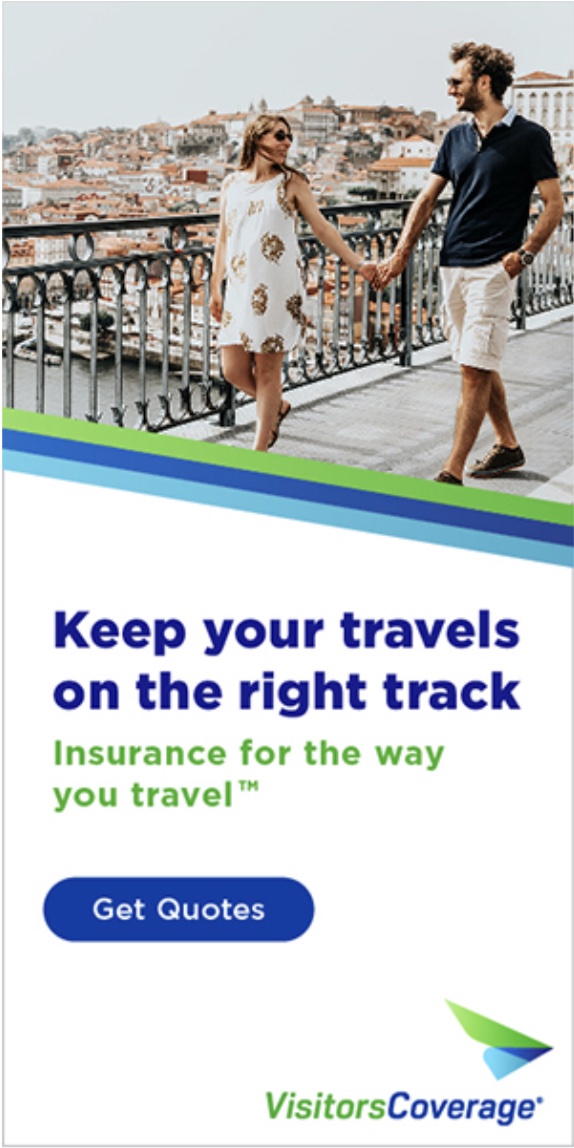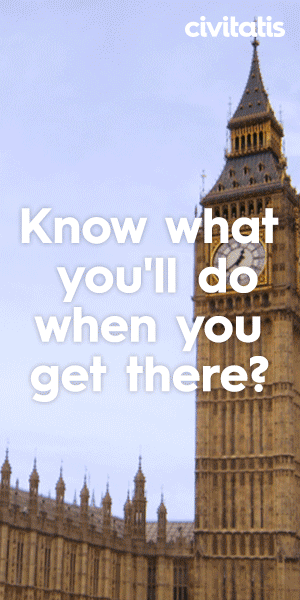Traveling to a new city can be overwhelming. Particularly if you’re a digital nomad like me, who slow travels the globe. Staying for months or even years in each new city.
The biggest challenge when arriving in a new city can be getting the lay of the land and making new friends with whom to explore. And I find that understanding a new currency and the prices I should be paying are my second biggest challenge.
Here’s how I overcome both. Here is how I learn where everything is and make new friends. And how I get my bearings when it comes to dealing with a new currency and working out what I should be paying for goods and services.
How to learn about a new city? (Travel Hack)
Research your destination Before You Travel!
This sounds cliche, but it’s true. If you look for sites on the internet written by knowledgeable experts, you’ll be able to find answers to most of your questions about a new city.
Now, when I say experts, I don’t mean travel bloggers who might have spent a week or two in that city. And whose advice is based on a year or two ago. You’ll find most of the YouTube videos and blogs that come up on the first page in Google search results are often unreliable.
They’re often written by people who hop from one city to another and spend no great amount of time getting to know a place. What you need to look for are websites that cover the destination in great depth, in writing.
I can tell you from my own experience that to cover a place in depth, in writing, takes time. Lots of time. And to do it somebody must spend much longer in a destination than if they were filming a YouTube video.
Instead of scrolling through YouTube you should search on Google for blogs with 50 or more written articles on your intended destination. Because that person has spent at least 3 months writing about it.
They know your intended destination very well. Read all their articles and learn from their experience.
When researching and reading about the city you’re going to visit, you should be looking for any and all tips on technology, money and culture.
Here is a list of the questions I seek answers to when researching a new travel destination or city online:
- Can I drink the tap water?
- Do I need a VPN to make my phone and laptop work?
- Can I get a local mobile phone number with mobile internet and how should I do that?
- Does Uber work or is there a local equivalent?
- What’s the local food delivery mobile application?
- Will my credit cards work or is it a cash based society?
- Is Western Union available?
- Is there a black market exchange rate?
- What are the most common scams?
- Do any areas of the city have a bad reputation or are any areas ‘dangerous’?
- Which areas of the city are the best places to stay?
Book A Free Tour In Advance Of Your Arrival!
Once I have answers to all of the questions listed in the last section, I then book a free tour for the day after I arrive.
I don’t book them for my day of arrival because after dealing with airports, security, airlines and getting to and from my accommodations I’m usually tired and grumpy. I spend my first day in a new city just relaxing at a coffee shop and getting rid of any jet lag.
Yet I fill my second day in a new city with free tours. I book in advance and I make a point to take at least 2 or 3 free tours on my second day in town.
I fill my second day in town with free tours so I can get the lay of the land. The free tours for me are an opportunity to get my bearings, so to speak.
I learn where in the city everything is. And during the tours I get opportunity to meet my fellow travellers and make some new friends.
Having a local show you around town and explain a city in English is invaluable. I not only learn about the history of my chosen city. I also learn about which areas I should avoid and I get tips on sites to visit and places to eat.
You should treat free tours as a kind of workplace orientation. Like a kind of open air health and safety briefing. When I take these tours I ask as many questions as I can possibly think to ask.
I often find it’s not just the tour guides who can provide answers. Fellow travellers on the tours who’ve been in that city longer or who have been before can often provide a wealth of advice and recommendations.
You should listen and take note of all the advice offered during a city tour. I certainly do. And I get my free tours from Civitatis.com as the guides all speak English.
Use Google Maps As A Travel Resource!
Google Maps and its associated reviews are today an invaluable travel resource. Tourists and locals alike will rate businesses and add detailed comments and reviews.
Before, during and after traveling to a new city you should use Google Maps. I do and you can find my Google Maps reviews here.
Before arrival I use Google Maps to make lists of tourist attractions and restaurants I want to visit. And I use the Google Maps ‘street view’ feature to see the suburbs I’m intending to visit and walk (virtually) the streets on which I will move around.
During my stay I will check for recent Google reviews of destinations before I visit them. If there is a particular problem with a venue you can be sure someone has complained about it on Google Maps. So I check to see if there’s anything I should avoid.
After visiting a venue I will myself rate the venue on Google Maps. I rate every venue I visit so I can tell my fellow travellers what I liked and didn’t like about a particular restaurant or tourist attraction. And I make my reviews detailed in order to share as much information as possible.
If I stumble upon a restaurant or attraction that does not have clearly advertised prices I will enquire about the cost of goods and services. Often, particularly in Latin America, venues without clearly displayed prices that are in or near tourist zones are running tourist scams.
If I find one of these venues I will mark it out on Google Maps to alert my fellow travellers. But I will also check on booking.com for reviews.
Only Visit Venues With Advertised Prices And Good Reviews
If you find a venue in or near a touristic area that does not display its prices it may be a tourist trap. A venue that makes the bulk of its income from scamming unsuspecting tourists.
Often these venues, particularly in Latin America, will wait until you’ve had a coffee or other items from their menu and then present you with a grossly inflated bill. Often stated in foreign currency.
These types of scams are common in Latin America. They can be found everywhere in Cuba. As an example, it’s against the law in Cuba not to advertise prices and clearly label all goods and services.
Yet scammers will operate businesses in Cuba without clear pricing. You may order a single drink that you know should be 200-500CUP ($1-$2.5USD) depending on the establishment. And when the bill comes due they will want $100USD.
Venues without clear pricing should be avoided. And you should use Google Maps (section above) to review the establishment. You should mark the venue out so that other tourists can be alerted to the scam and avoid that place.
You should also ask your guide during a free tour if he or she knows of any establishments in the area running these types of scams. The guides often know where they are and can warn you so that you don’t wander into one of them.





